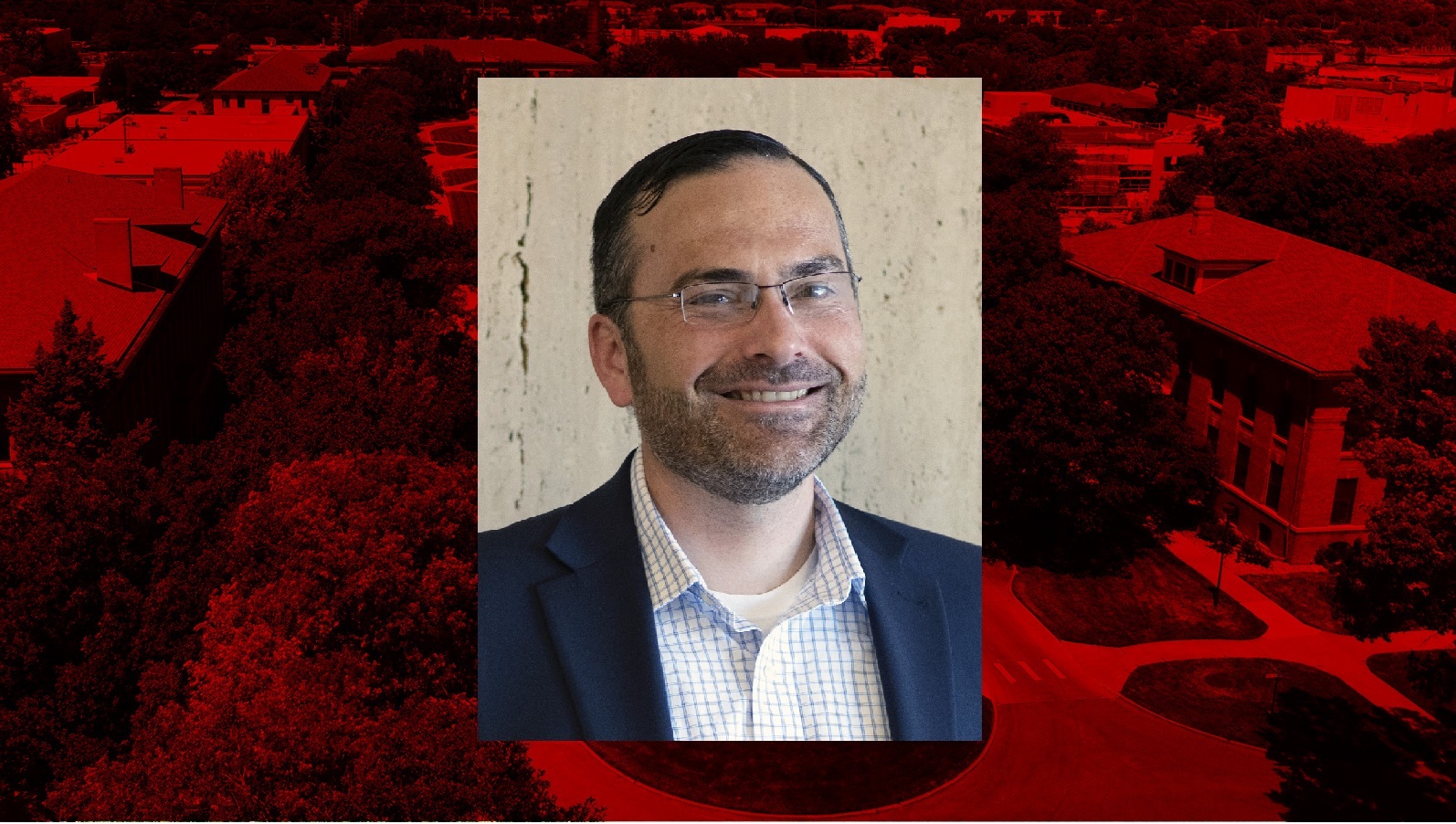
In recent years, the food-energy-water nexus (FEW-nexus) has been the subject of increased research attention due to the increasing strains that will be placed on all corners of it due to increasing population, migration, climate change and other substantial factors.
At the same time, a group of faculty from across the country whose titles at their respective universities may have differed but whose work centered around teaching about natural systems and their human dimensions sought to better connect. The best way to develop research based educational techniques that would better students’ understanding of FEW systems would be to work together. This past fall, the National Science Foundation funded a five-year project to develop a new FEW-Nexus network focused on education and education research that is headed by Cory Forbes, associate professor of science learning at the University of Nebraska-Lincoln School of Natural Resources.
The $749,964 grant funds the development of the National Collaborative for Research on Food, Energy and Water Education (NC-FEWS) said Forbes, its director.
“It’s brand new, and it’s a big win for us,” Forbes said. “It's supporting us to try and bring people together who otherwise probably wouldn't have interacted and to see if we can carve out a new space around the food-energy-water systems education area.”
Forbes said that he and other members of the collaborative leadership and working group teams, which features academics from across the country, share similar backstories. They had found themselves teaching about food-energy-water issues in a variety of departmental homes that were slightly different than what they had been trained to do. They wanted to tackle the issues with the best practices available, but a network didn’t exist to see how others were addressing them.
“We started this because we all found ourselves in the same boat,” Forbes said. “This emphasis grew out of people being in these positions and trying to figure out, what do we do with this and what's the opportunity here and how do we build a community for other people who might be in this same position.”
Forbes said that NSF responded to the NC-FEW grant request in part because its leadership team had already taken steps to develop the network before receiving this funding. (It has also received funding from the U.S. Department of Agriculture’s National Institute of Food and Agriculture and NU’s Agricultural Research Division, among others.) A Multistate Planning Committee was already set up and in in 2018, the NC-FEW leaders organized and hosted a planning conference in Washington D.C., which, ultimately, laid the foundation for the NSF award.
Now that the grant is active, Forbes said the NC-FEW team wants to build a sustainable professional community that will continue past its five-year funding period. Hosting more national conferences or developing a journal around education focused on food-energy-water nexus are among the planned activities.
"It's one of the more enjoyable things I've done professionally,” Forbes said. “It really came about from this need that people were experiencing collectively. And here we are, four years later, with a five-year NSF grant to support the work."
The project will directly impact about 600 teachers and researchers from diverse institutions and across three major areas -- postsecondary faculty, K-12 teachers and informal educators based at settings like museums. The research and educational materials developed during the five-year grant could help many more educators.
“The greatest challenges facing humanity today and in the future are those related to providing for an ever-growing human population in a sustainable and equitable manner,” Forbes wrote in the first NC-FEW newsletter. “Of all the tools at our disposal, education can have a significant role to play in preparing learners -- the global citizens of today and tomorrow -- for these challenges. As educators and education researchers, we are both practitioners of and advocates for this important work, which occurs in an array of contexts and institutional settings with diverse groups of learners. NC-FEW affords an opportunity for us to come together and fully commit our efforts to the work at hand. I believe that, as a community, we have far greater potential to positively impact educational practices and outcomes than we do alone. This is our charge and I, for one, can think of none more important.”
More details at: http://ncfew.org/about